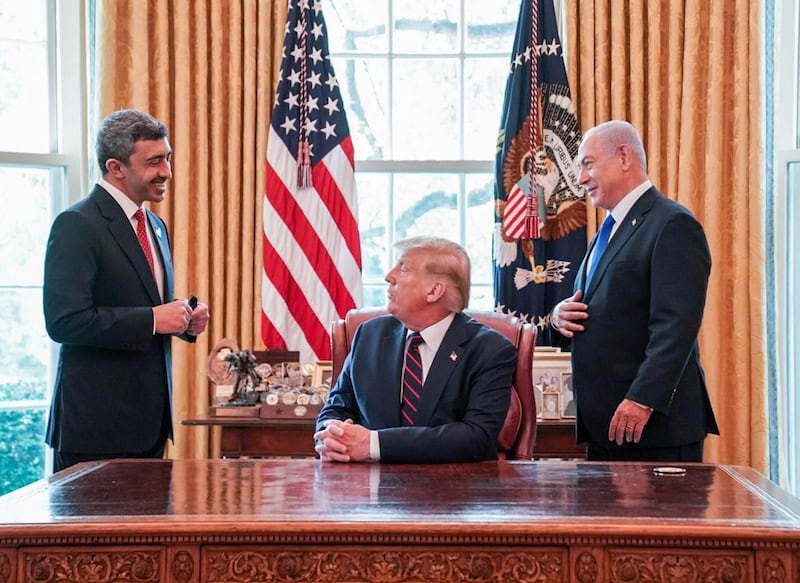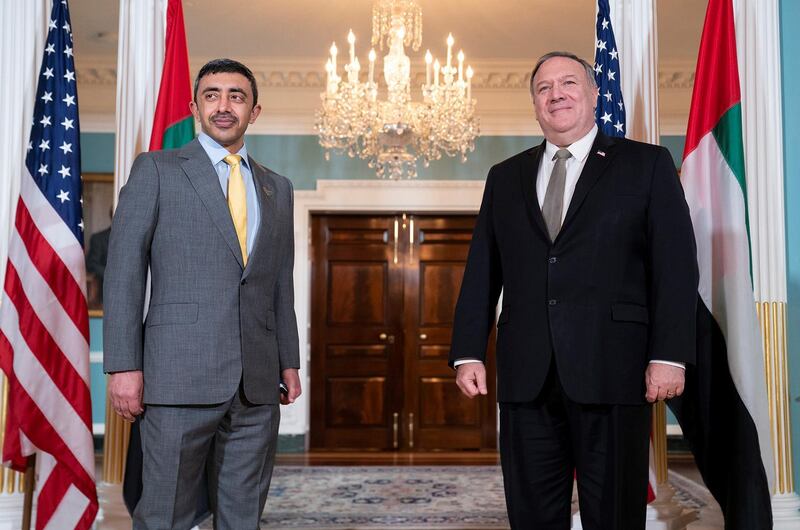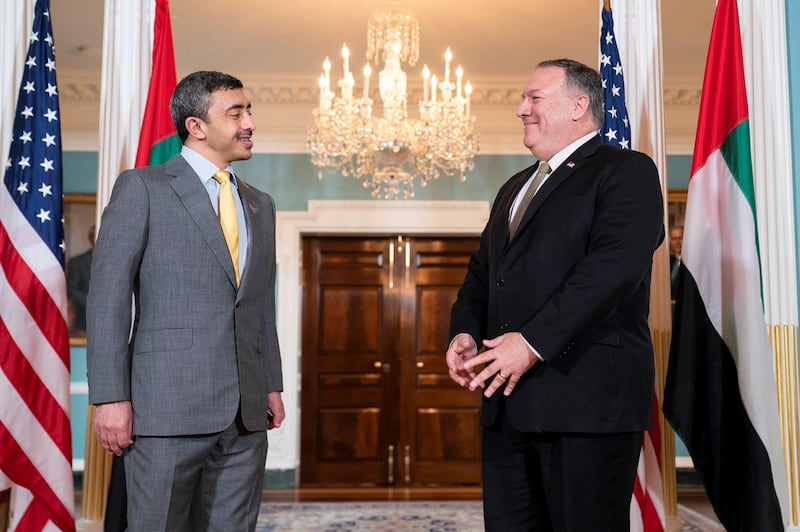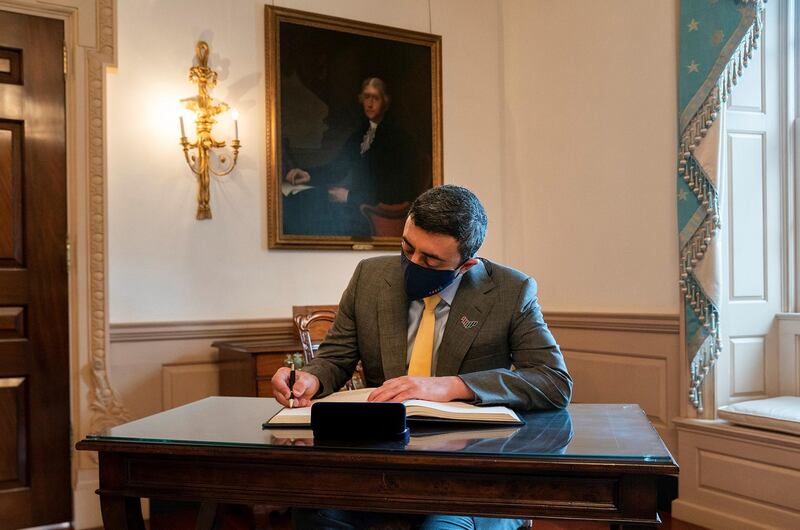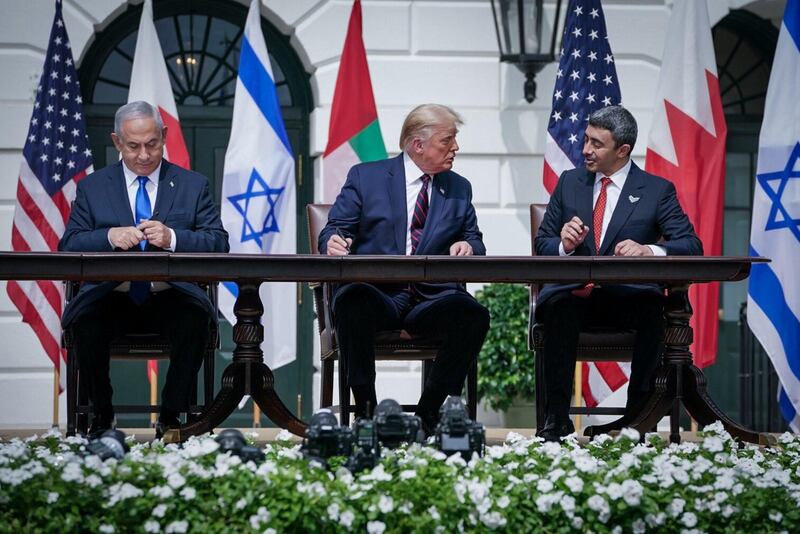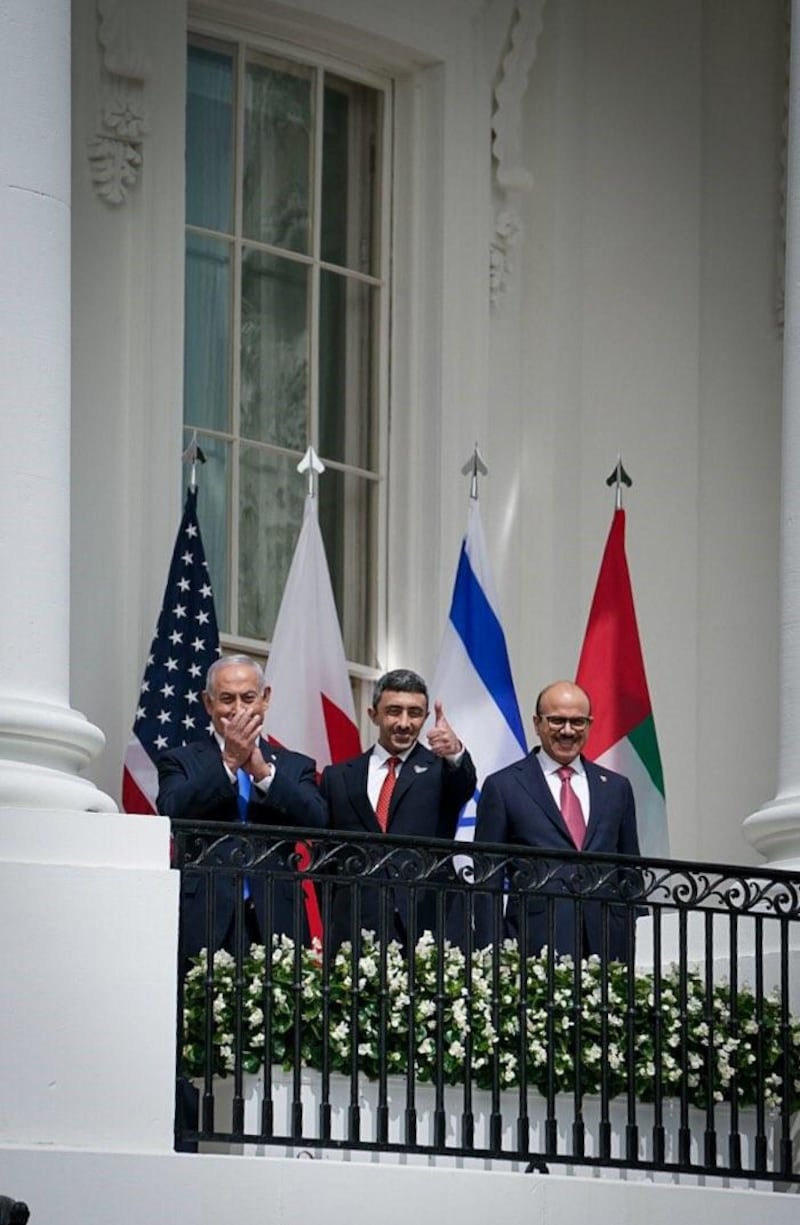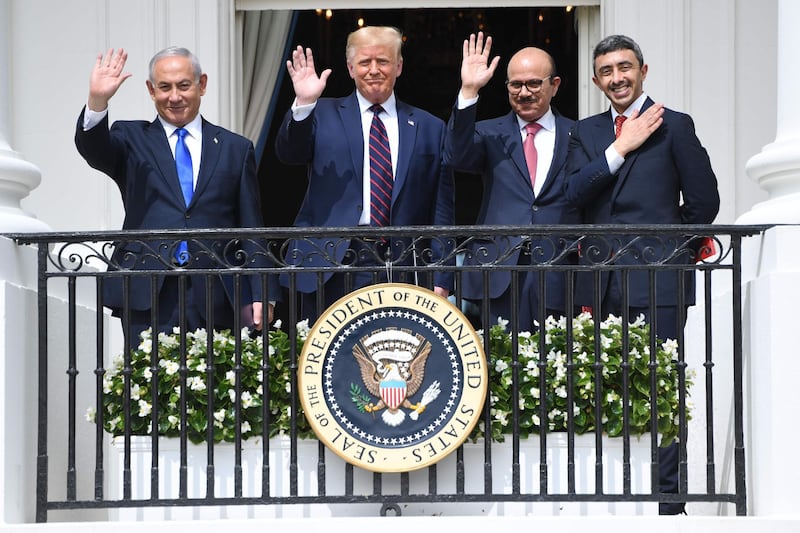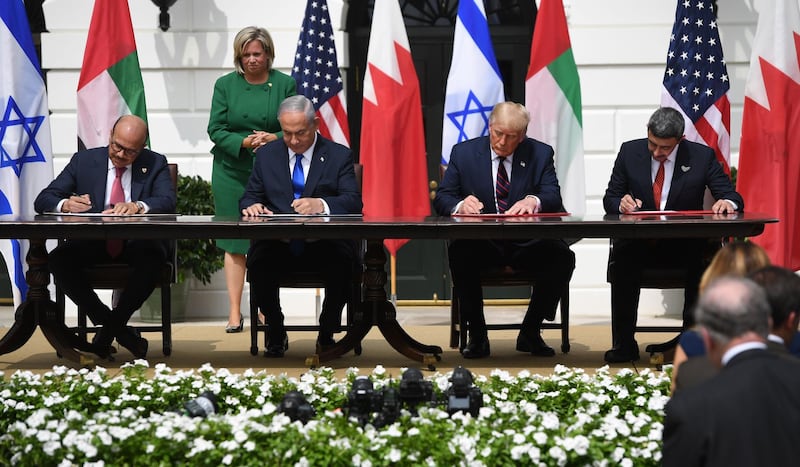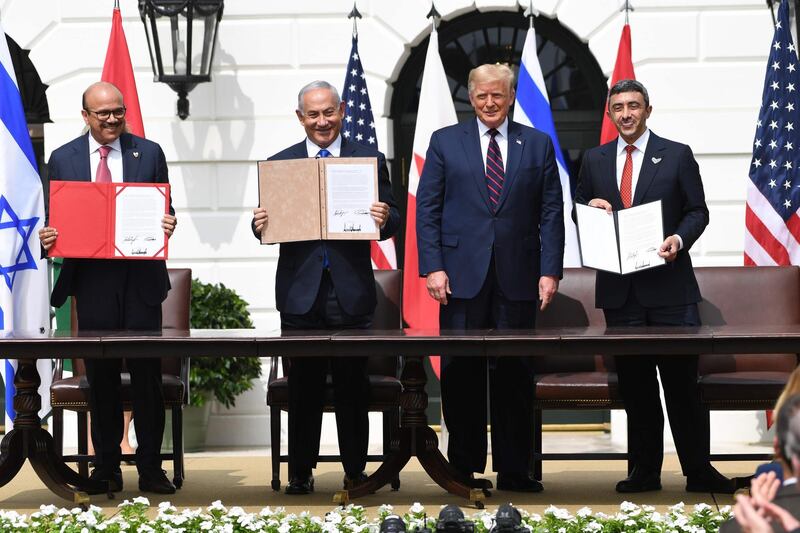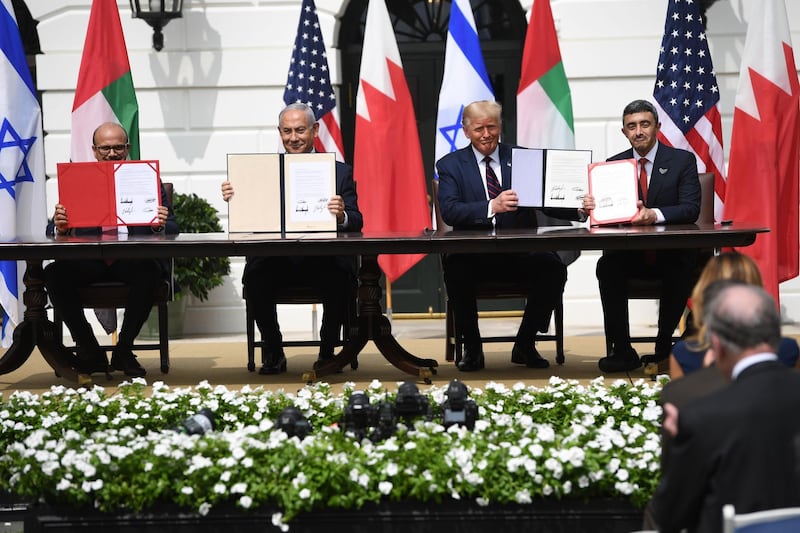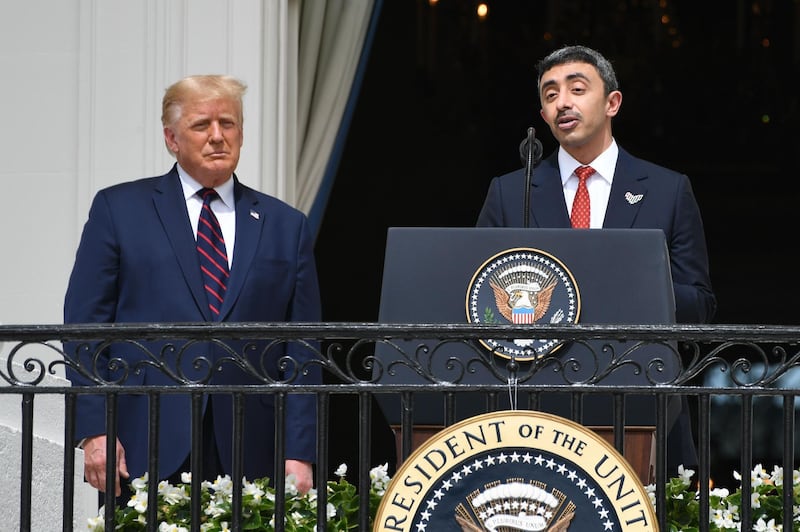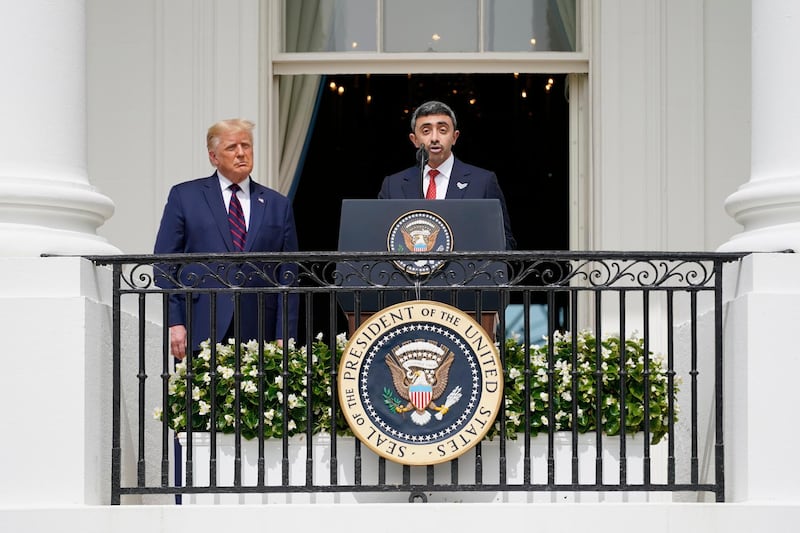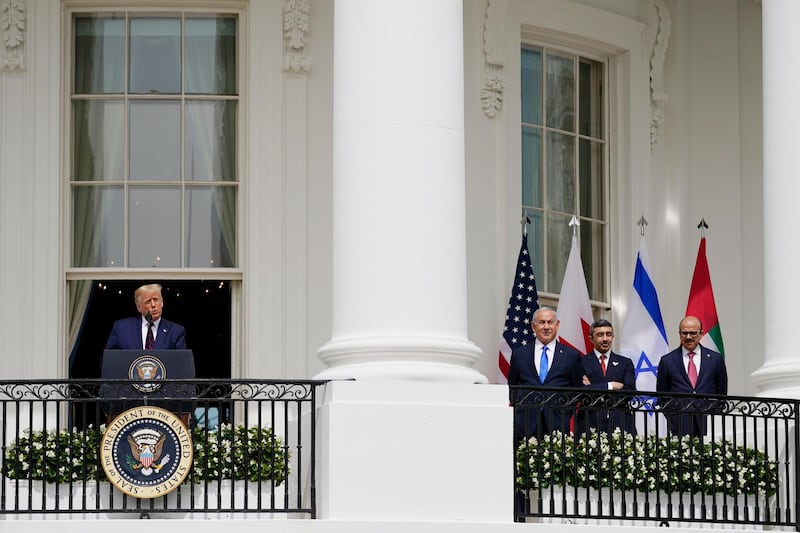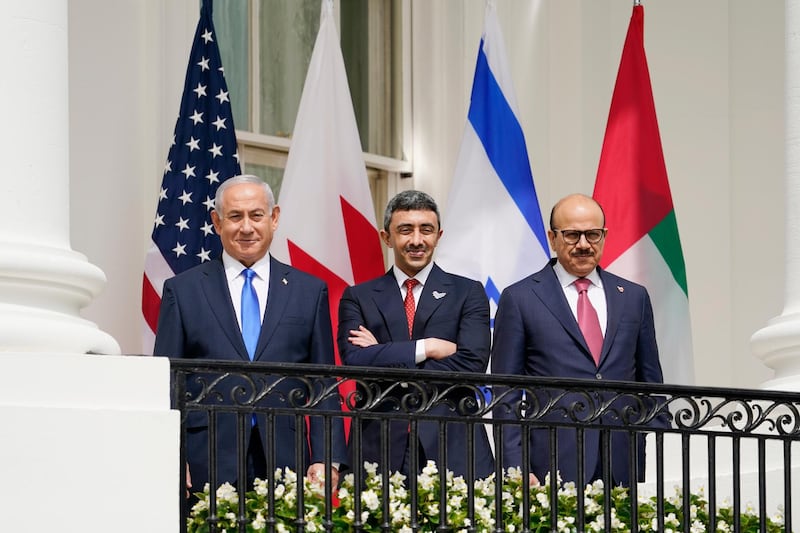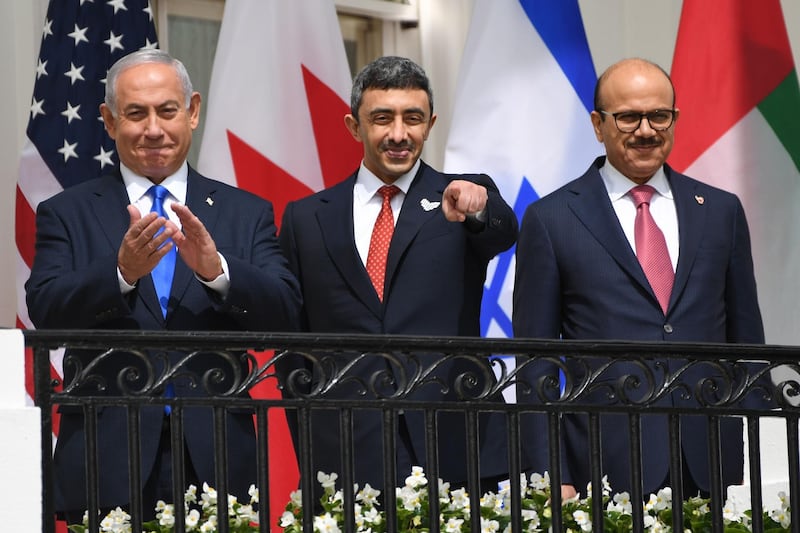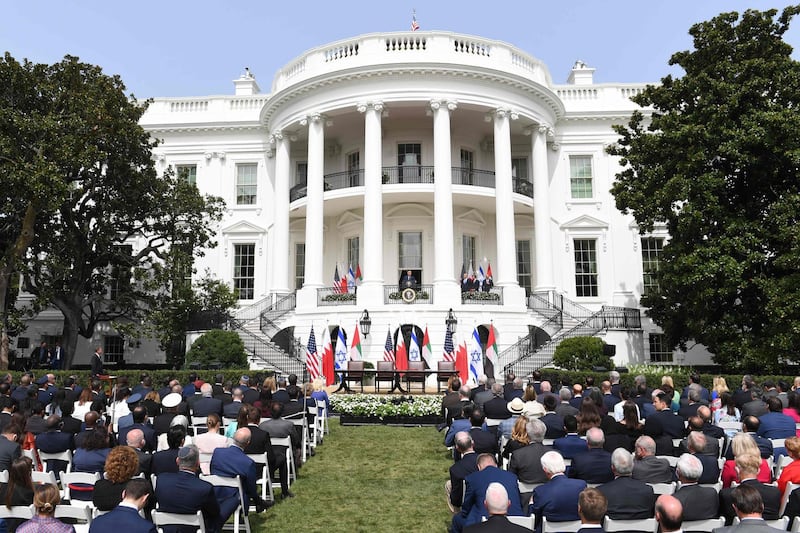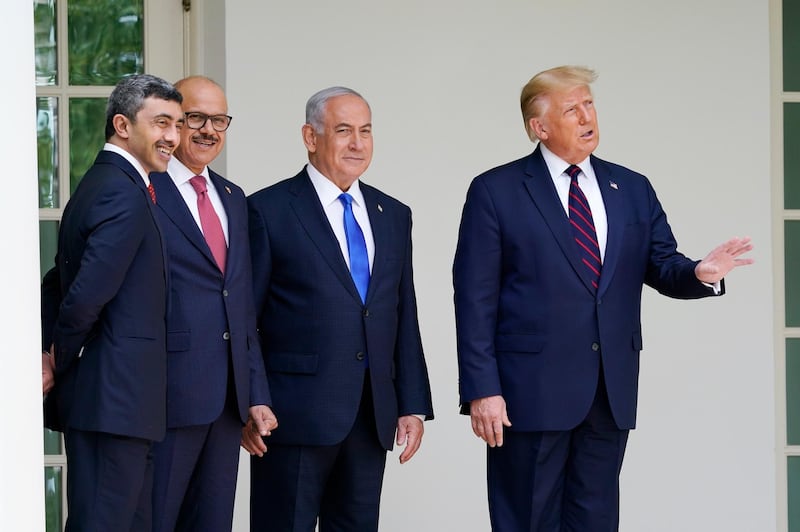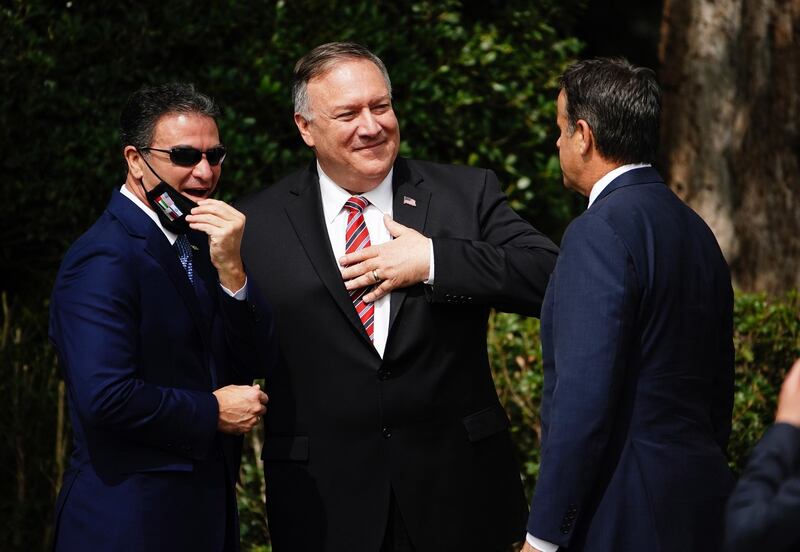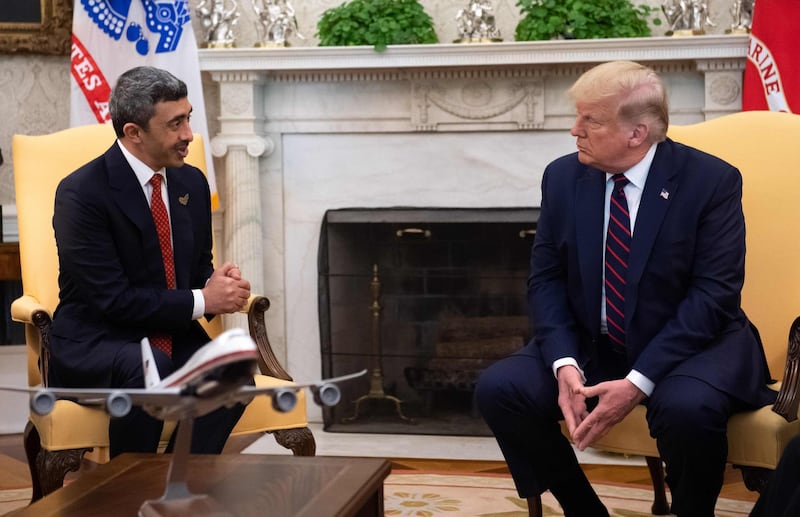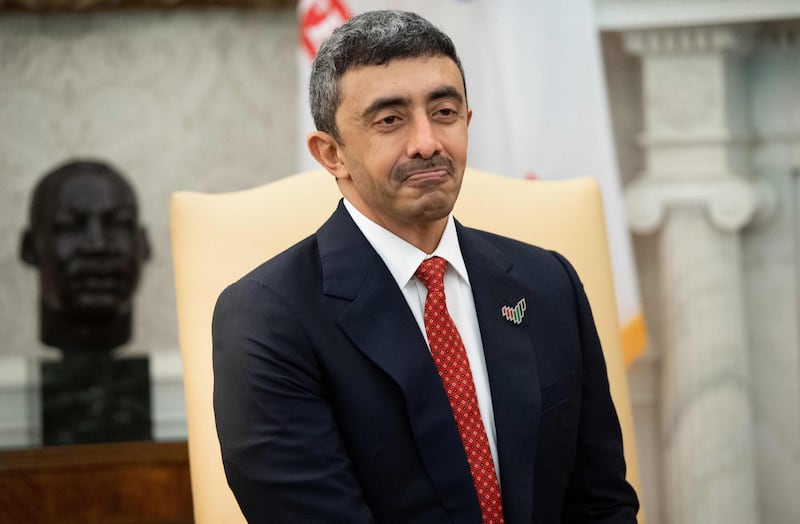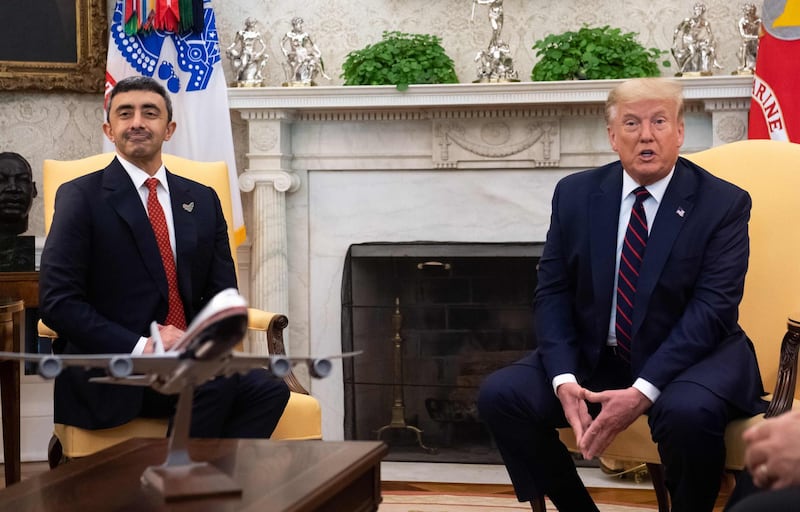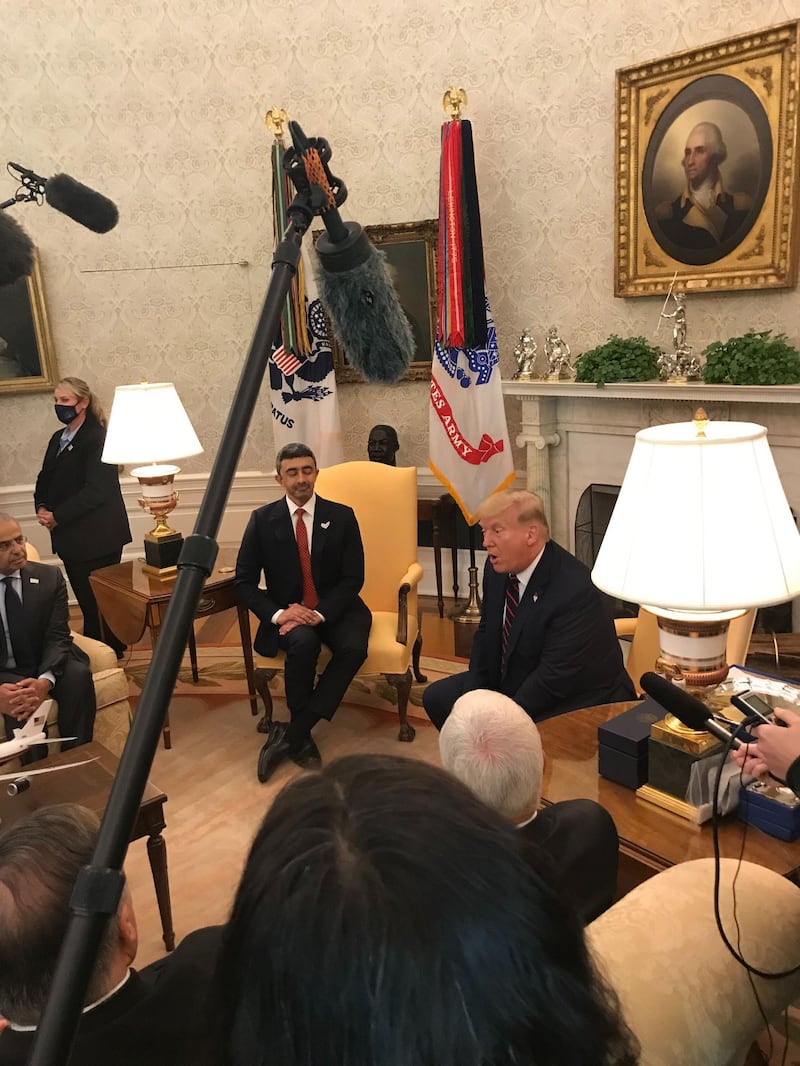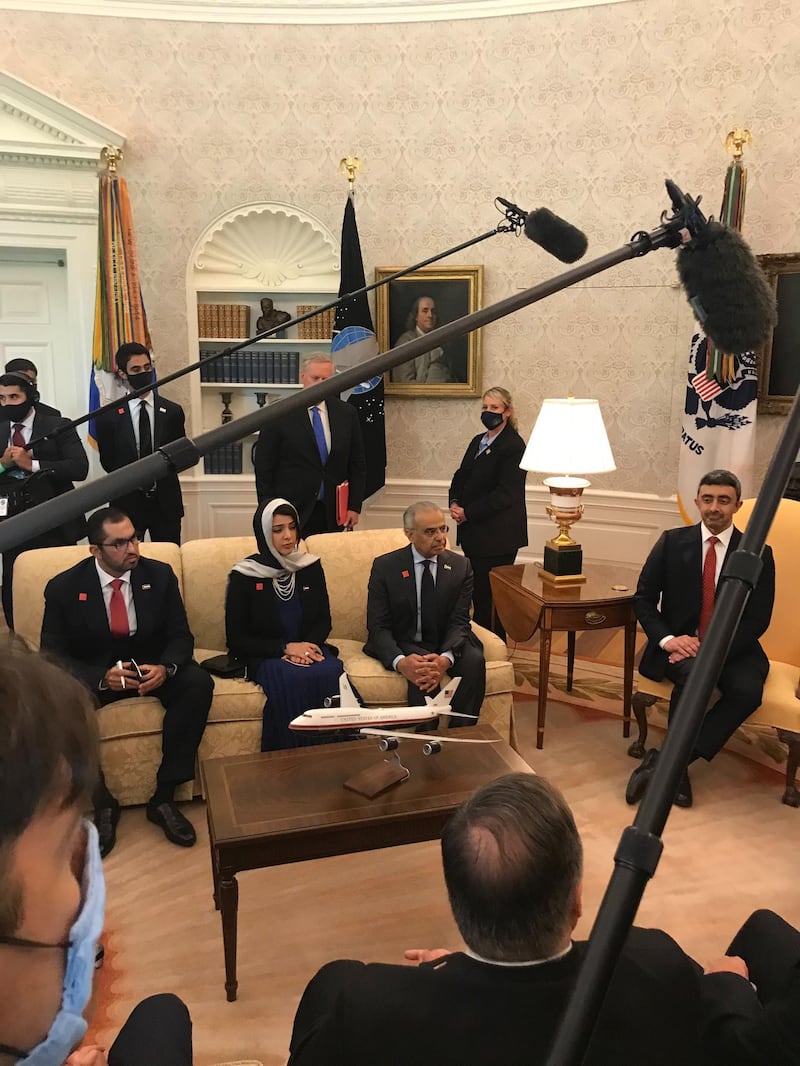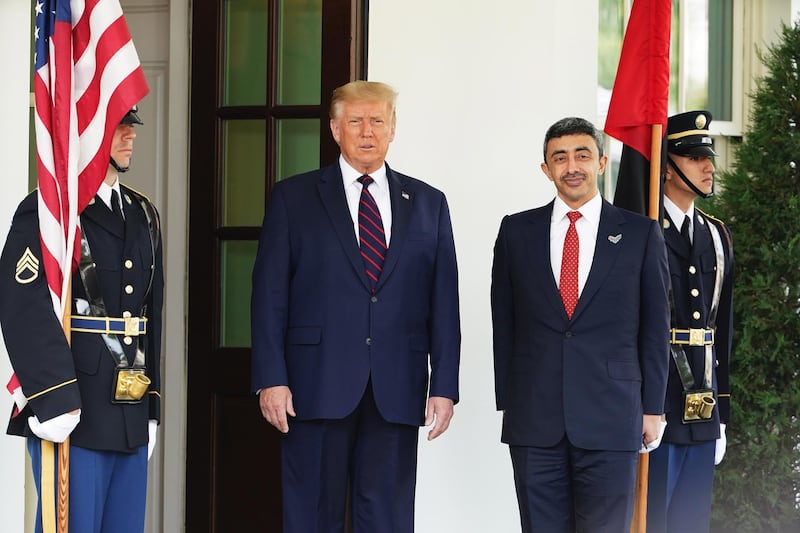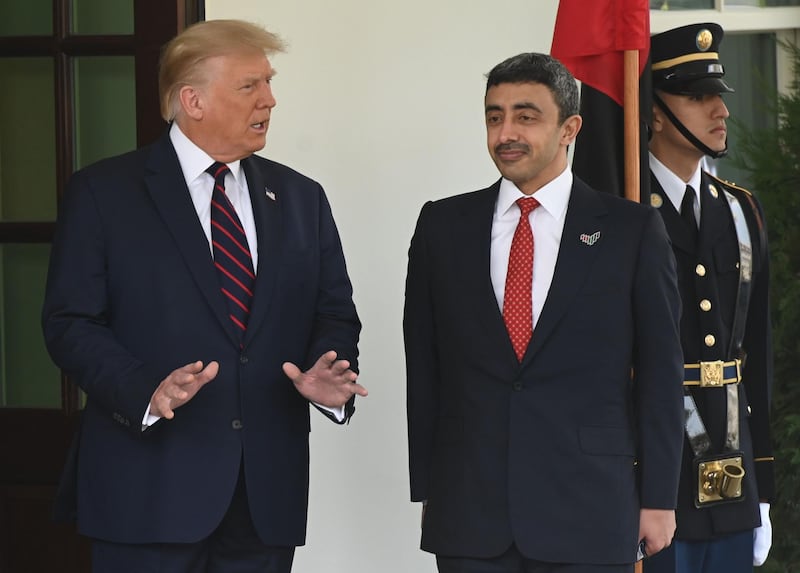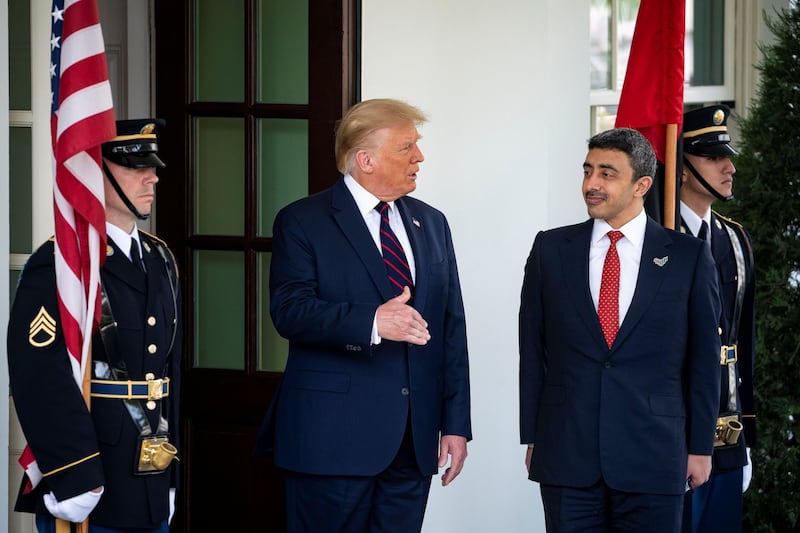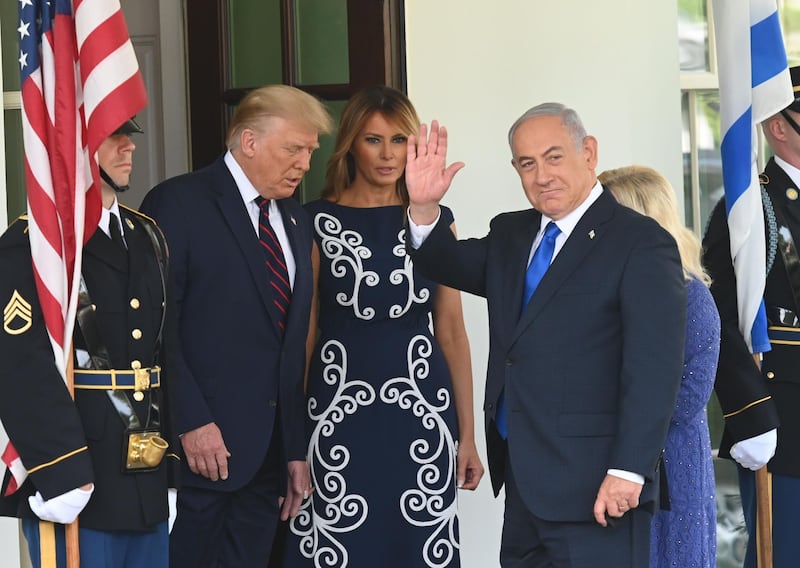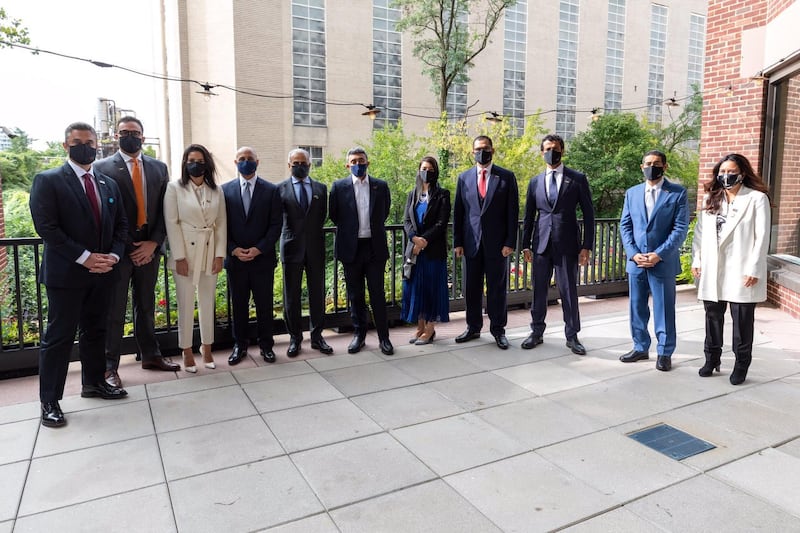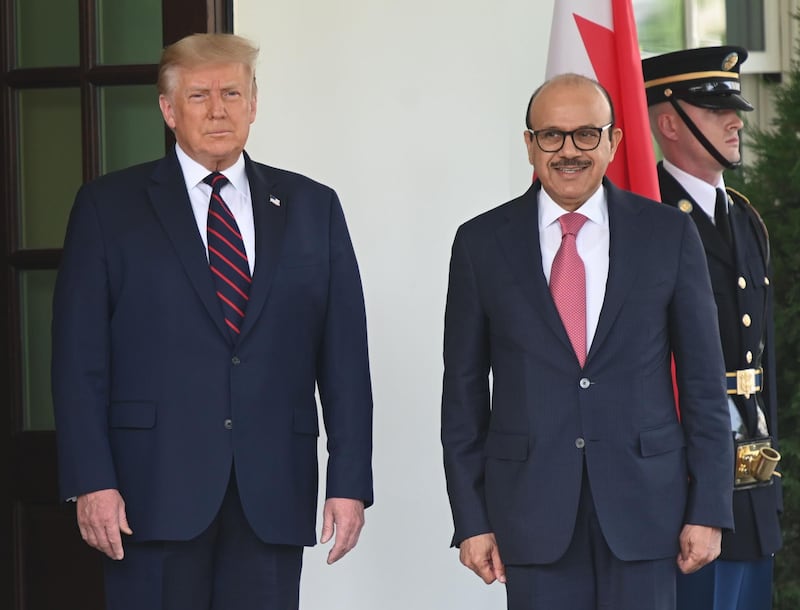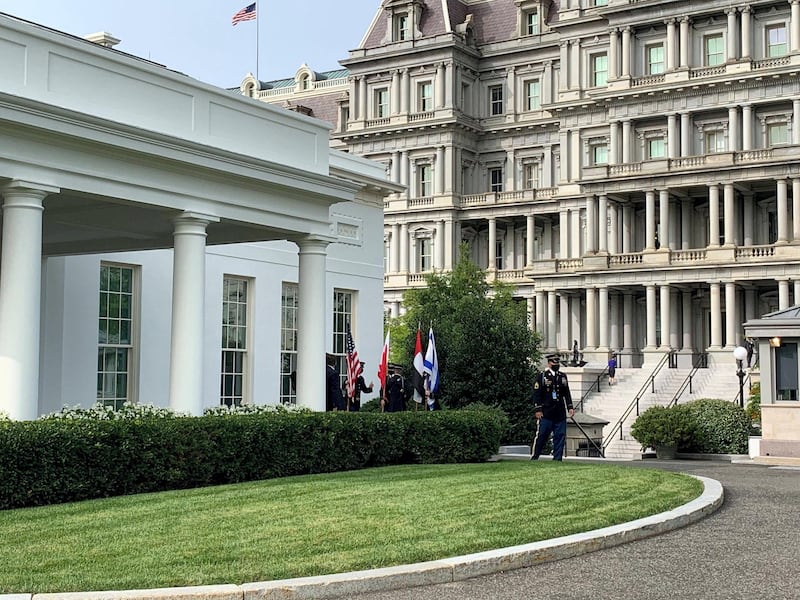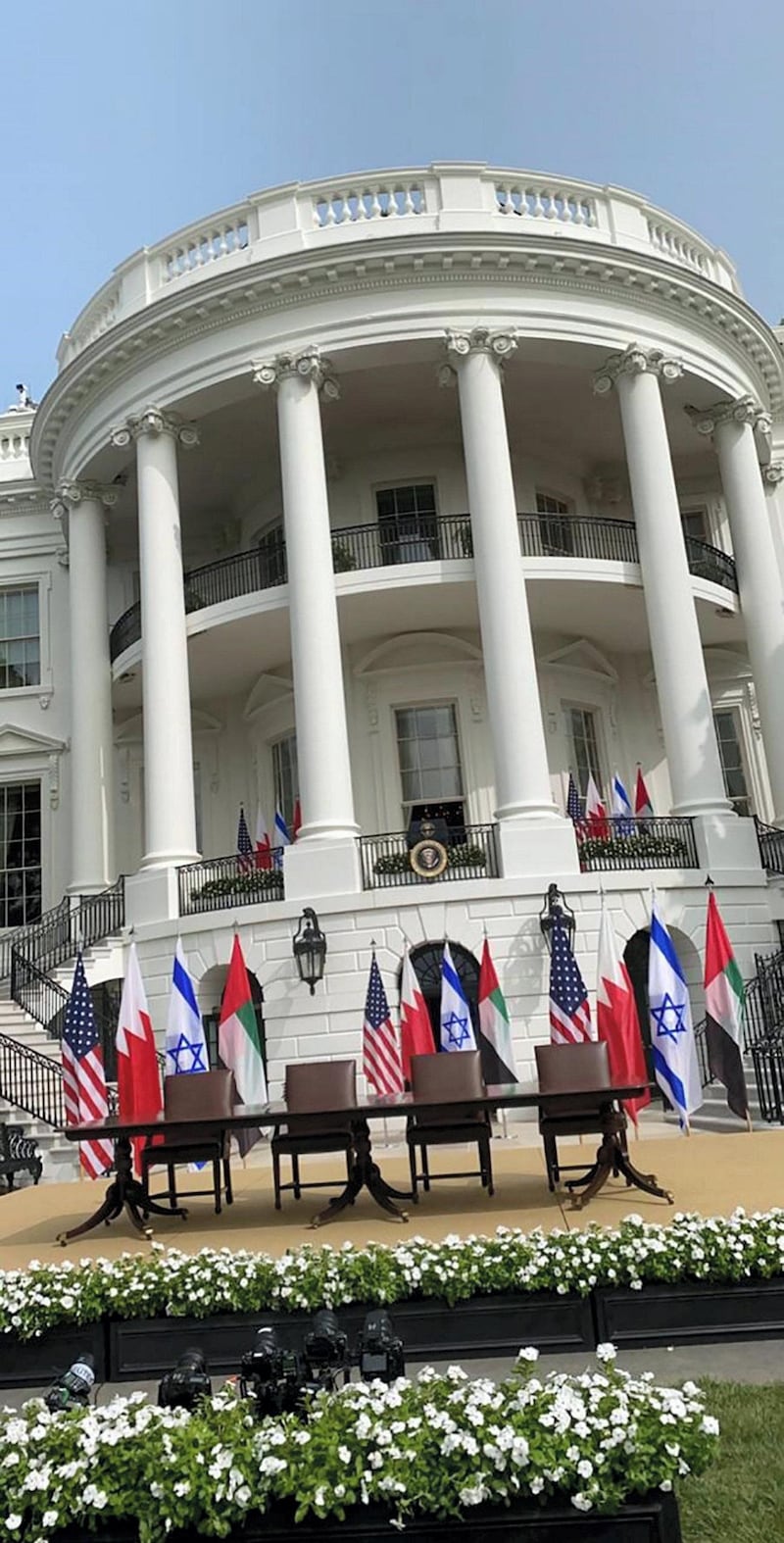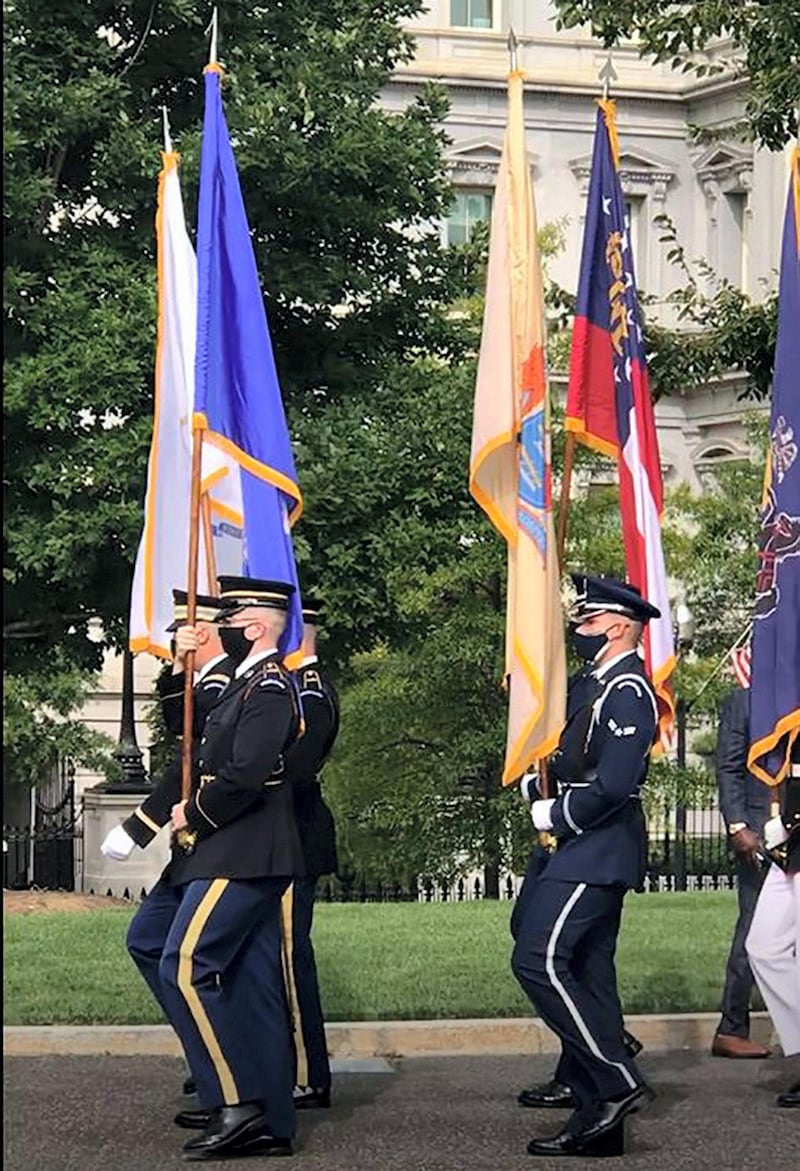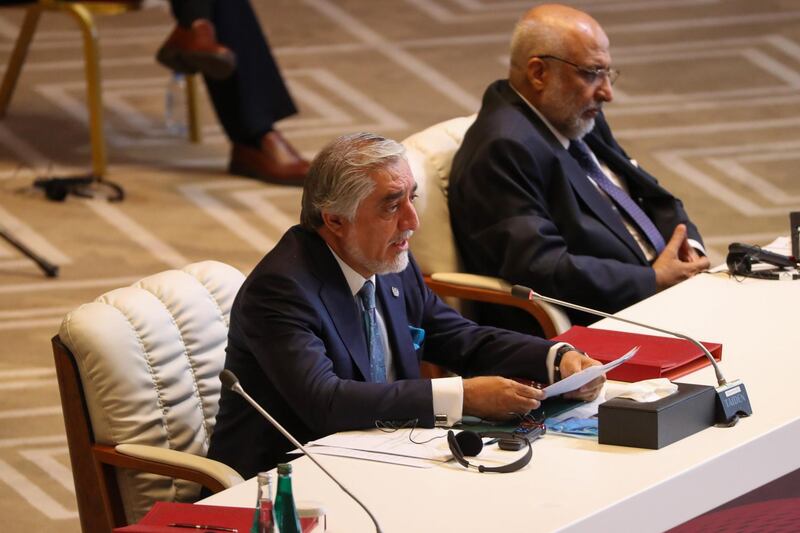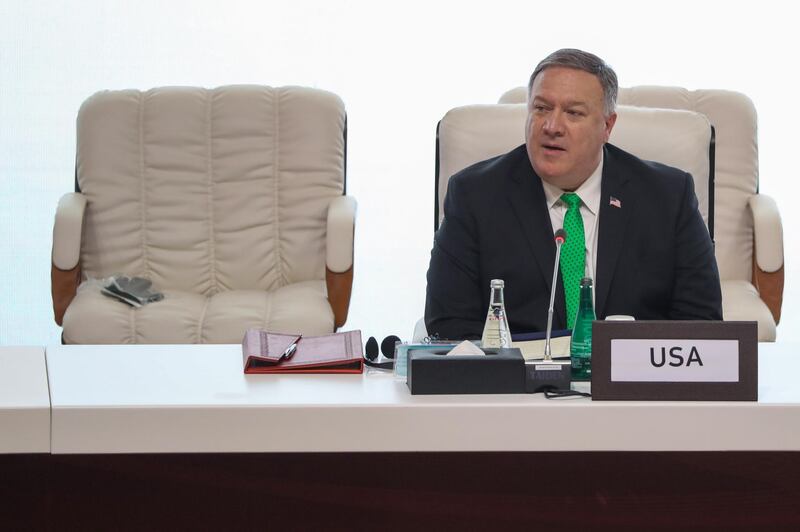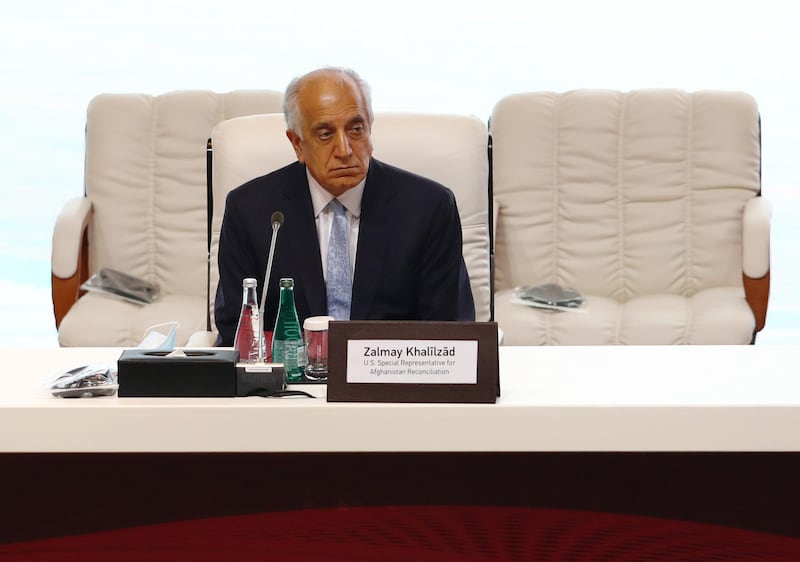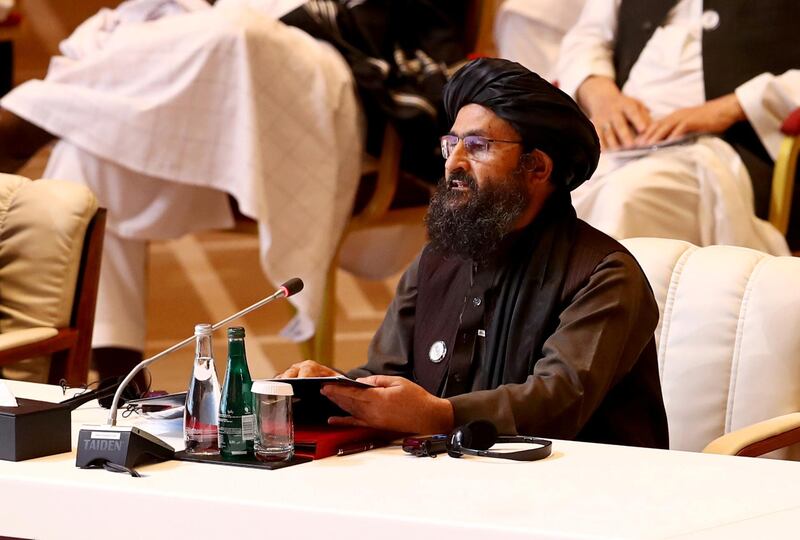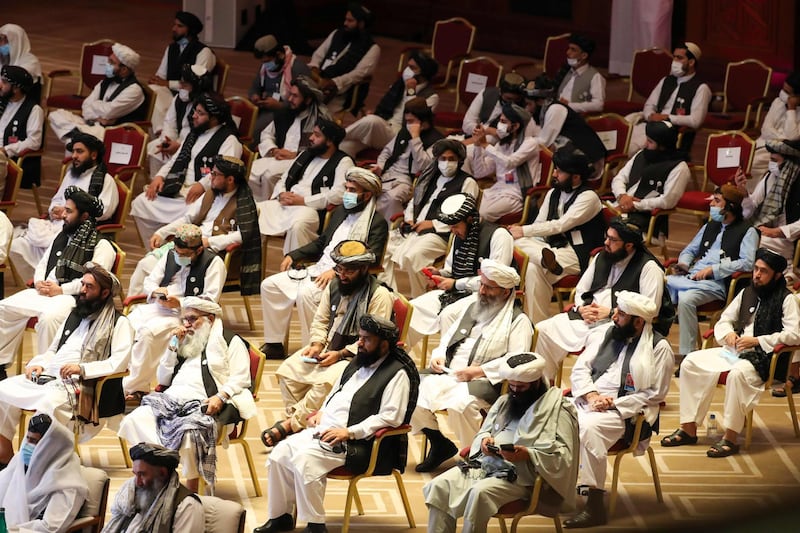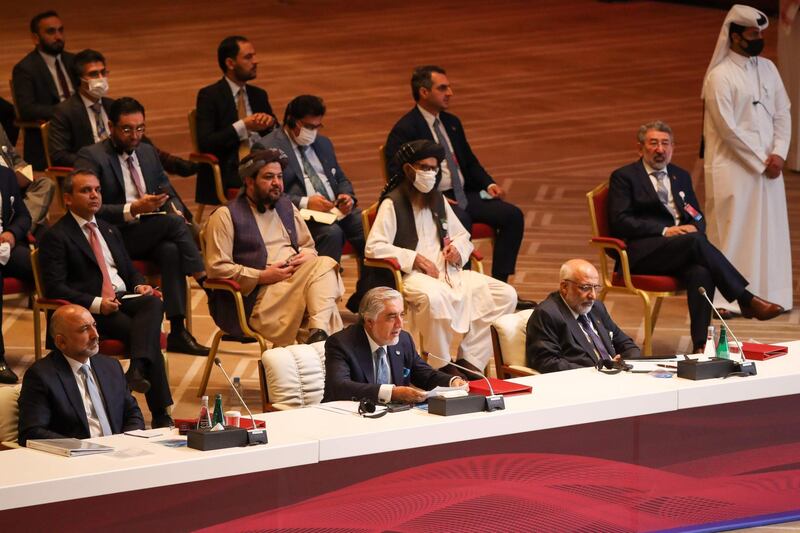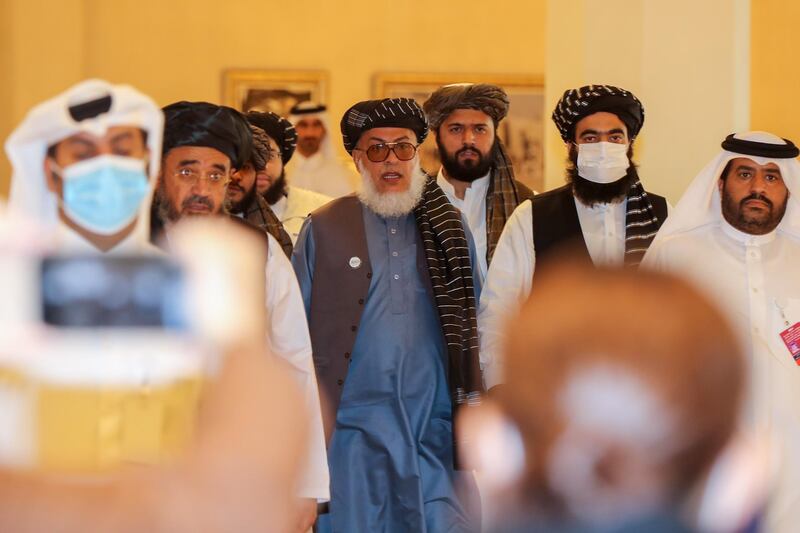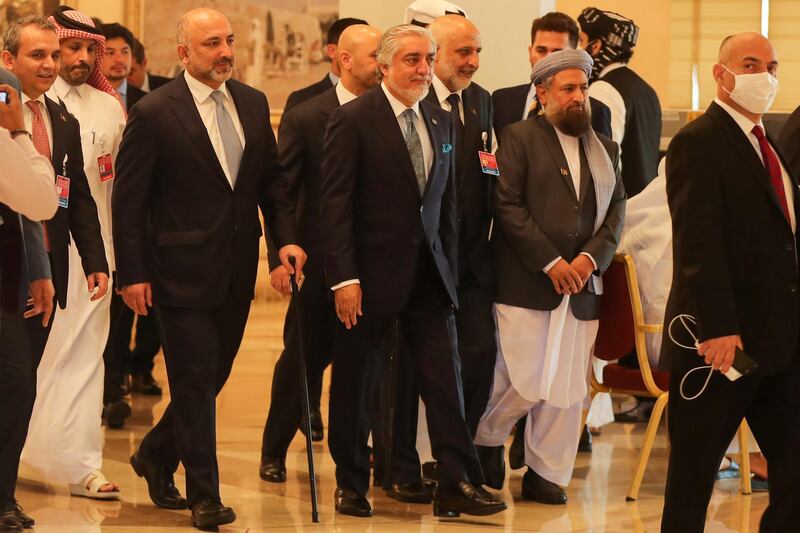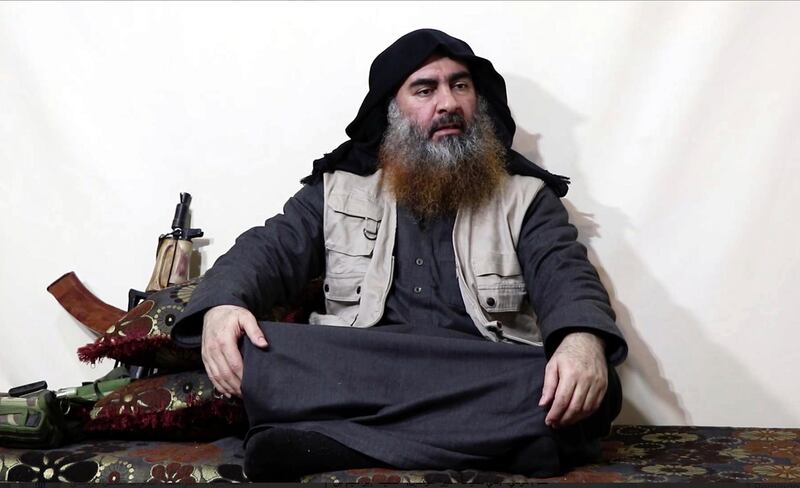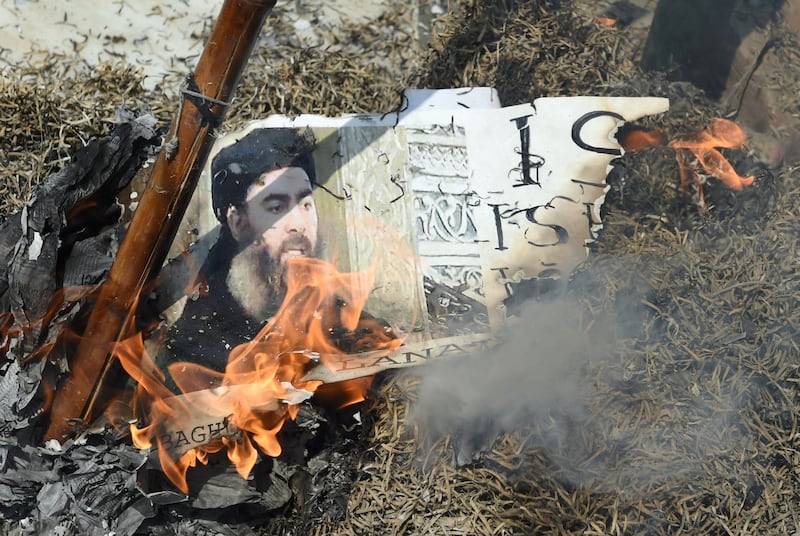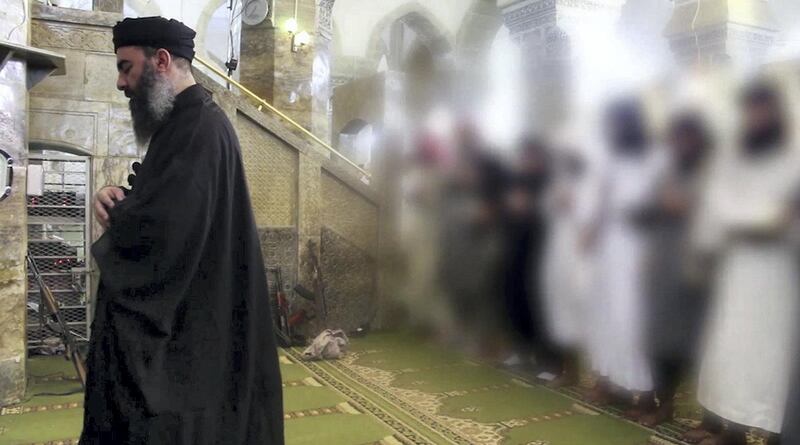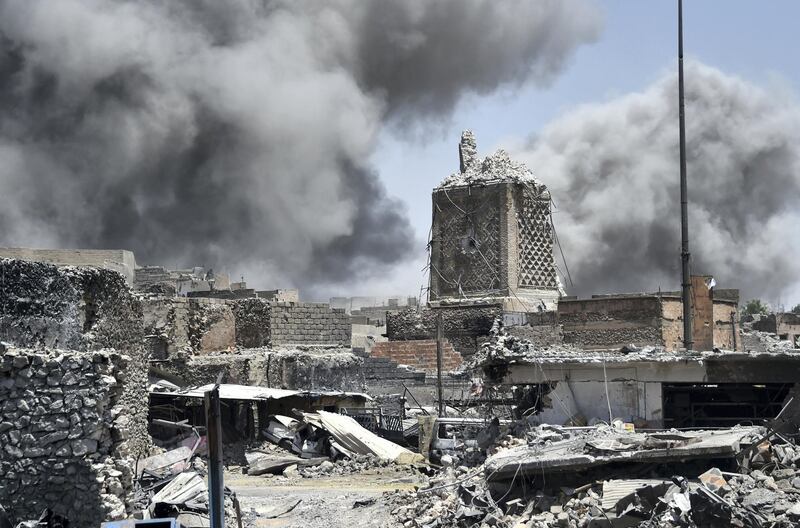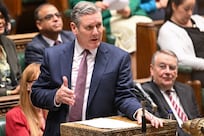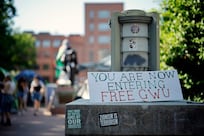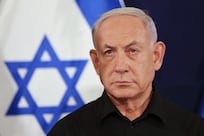In the four years since he entered the White House, US President Donald Trump has been at the heart of numerous controversies. From the initial claims that his 2016 election victory was the result of Russian meddling, to more recent accusations that his administration has failed to meet the challenge of the coronavirus pandemic, Mr Trump can rightfully claim to be the most controversial occupant of the Oval Office the American presidency has ever witnessed.
This is no doubt an accolade that Mr Trump, whose approach to politics owes much to his previous experience as a successful television personality, would be happy to accept.
But while the endless controversies over the rights and wrongs of his approach to various issues have dominated most of the headlines during his presidency, this has resulted in less attention being paid to equally important aspects of his administration, such as the revival in America's economic fortunes – at least until the arrival of Covid-19 – as well as his unconventional approach to world affairs, where it could be argued that his administration has notched up several notable achievements.
This is particularly true in the Middle East, where Mr Trump’s novel approach to a number of challenges that have plagued previous American administrations has achieved a modicum of success. From the moment he entered the White House, Mr Trump made it clear to all and sundry that he would be adopting a very different approach to his predecessors when it came to addressing the region’s many challenges.
For a start, his "America First" approach meant that Washington would no longer support and sustain the large-scale military interventions that had become the norm since the September 11 attacks in 2001. Mr Trump's priority, instead, has been to focus all his attention on withdrawing American forces from the region at the earliest possible opportunity, with the result that his presidency has witnessed significant reductions in the number of US service personnel based in the region.
The policy has not been without controversy. The resignations of former defence secretary James Mattis and former national security adviser John Bolton were prompted primarily by Mr Trump's insistence on pursuing his withdrawal policy, thereby ending America's involvement in conflicts in countries such as Iraq and Afghanistan, which the White House claims has cost the American taxpayer an astronomical $7 billion.
At the same time the Trump administration has also invested an enormous amount of energy in addressing the key underlying causes of conflict in the region, namely Iran, ISIS, the Taliban and the Arab-Israeli discord.
It could be argued that, had it not been for the political capital the White House has invested in reviving the moribund Middle East peace process, this week's historic meeting between Sheikh Abdullah bin Zayed, Minister of Foreign Affairs and International Co-operation, and Gabi Ashkenazi, his Israeli opposite number, in Berlin may never have taken place. Instead, thanks to the unstinting efforts of Jared Kushner, the President's son-in-law, Washington's commitment to the process has resulted in the UAE, together with Bahrain, signing the Abraham Accords, a move Sheikh Abdullah said should help to "strengthen international stability".
Indeed, it could be argued that Mr Trump’s decisive action has redefined the map of the Middle East, drawing a distinction between governments that uphold the virtues of moderation and stability, and those – such as Iran, Turkey and Syria – that seek to sow discord and unrest.
Washington's peace initiative with the Taliban is another area where the Trump administration's very different approach to Afghanistan's long-running civil war has surprised its critics. The negotiations between the Taliban and the Afghan government still have a long way to go before a comprehensive peace agreement is signed. But the fact that Washington has been able to sign an accord with the Taliban, with the prospect of ending two decades of continuous conflict, is nevertheless a significant achievement – and one that will enable Mr Trump to fulfil his pledge to reduce America's military presence in the country.
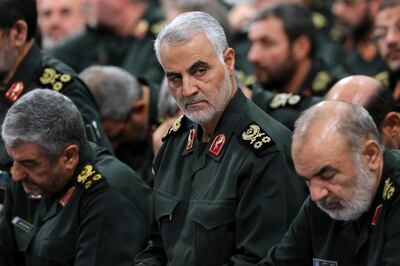
The other compelling feature of Mr Trump's approach to the challenges facing the modern Middle East is that, while investing heavily in numerous peace initiatives, his administration has been uncompromising in its dealings with America's foes. In this context, Washington's response to the challenge posed by Iran and ISIS, in particular, have had a dramatic impact on their ability to harm America's interests.
The Trump administration's decision to withdraw from the flawed nuclear deal with Iran and re-impose sanctions against the regime has had a devastating impact on Tehran's ability to meddle in the affairs of its Arab neighbours. With the Iranian economy crippled by the sanctions, the regime no longer has the resources available to continue financing its terrorist infrastructure throughout the region at the same level it did previously.
The carefully targeted assassination of Quds Force commander Qassem Suleimani in January also dealt a significant blow to Tehran’s ability to destabilise the region. Similarly, the targeted campaign against ISIS has seen the movement’s attempts to establish its so-called caliphate in Iraq and Syria reduced to rubble.
Instead of spreading terror throughout the region, the organisation is on the run, while the architects of its reign of terror, such as Abu Bakr Al Baghdadi, have either been killed or face being brought to justice, as is the case with the two British extremists known as "The Beatles" who have now been flown to the US to stand trial for their crimes.
Mr Trump’s presidency may have enjoyed its fair share of controversy but, so far as the Middle East is concerned, it should be seen as a measure of his success that America’s enemies in the region are desperately hoping that he loses next month’s presidential election.
Con Coughlin is a defence and foreign affairs columnist for The National
